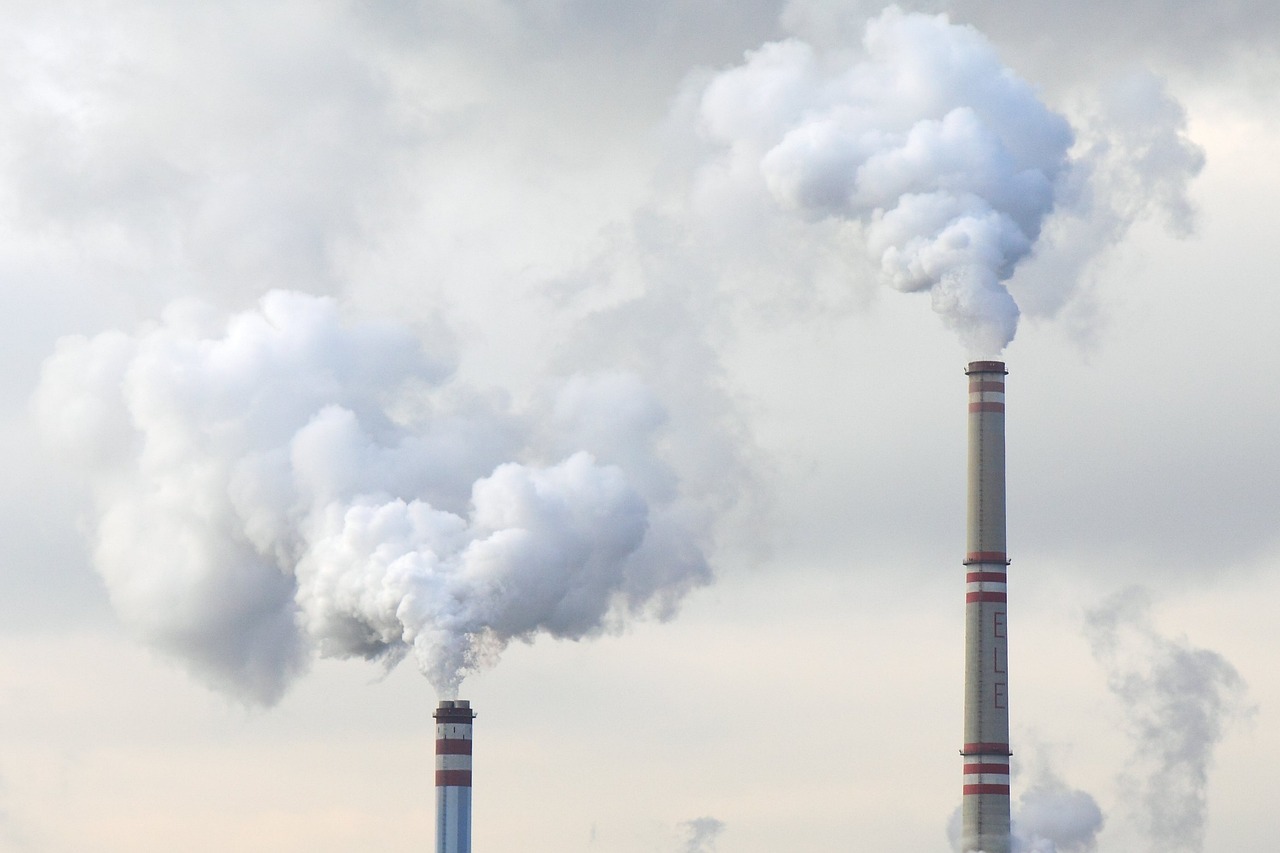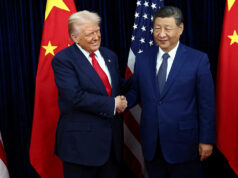
BELEM, Brazil — Brazil said on Tuesday it still expects to land a deal on some of the most contentious issues at the COP30 climate summit ahead of schedule, but conceded there were still wide gaps between countries on issues like fossil fuels.
The two-week summit in the Amazon city of Belem has brought together governments from across the world to strengthen the complex UN framework underpinning global action to halt rising greenhouse gas emissions and cope with the damage caused by warming temperatures.
Host nation Brazil wants a deal agreed in two stages: one package on Wednesday, including subjects like cutting fossil fuel use and delivering promised climate finance that were a week ago deemed too thorny to even include on the formal agenda, and another wrapping up any outstanding issues by Friday.
Confirming that negotiators would work late into the night for the second day in a row, COP30 President Andre Correa do Lago said he still expected the first deal to be approved on Wednesday, but that it could be “very late”.
Any such deal would confound expectations set by recent COP summits – all of which have run way past their scheduled end. The conference is due to end at 2100 GMT on Friday.
Brazilian President Luiz Inácio Lula da Silva will attend the conference on Wednesday to give fresh political impetus to the negotiations. He will meet UN Secretary-General Antonio Guterres.
Lula said the meeting was designed to “strengthen climate governance and multilateralism.”
FRESH DEAL TEXT EXPECTED WEDNESDAY
Earlier, the COP30 presidency, invoking the Brazilian Portuguese concept of “mutirão” – a spirit of collective effort – released a first draft of a possible summit deal titled “Global Mutirão: uniting humanity in a global mobilization against climate change”.
After a day of country-by-country consultations, a new version of the text is expected to be drawn up overnight and presented on Wednesday for further feedback.
The toughest topics include pinning down how rich countries will provide finance to poorer countries to switch to clean energy, and what must be done about a gap between promised emissions cuts and those needed to stop temperatures rising.
Some nations, including Brazil, also want a roadmap to help countries implement an agreement reached at COP28 in 2023 to transition away from fossil fuels, though the draft deal only listed this as an optional inclusion.
“The current reference in the text is weak and it’s presented as an option. It must be strengthened and it must be adopted,” said Tina Stege, Climate Envoy for the Marshall Islands, at a press conference alongside representatives from more than a dozen supportive countries.
However, underscoring the task ahead for the presidency, not everyone agreed.
Mr. Correa do Lago later indicated that one of the options put forward in the first draft, which would see countries submit plans to reduce their fossil fuel use, had already been rejected by a number of other countries as too onerous.
“Most of the countries are either very favorable or it’s a red line,” he said. — Reuters



